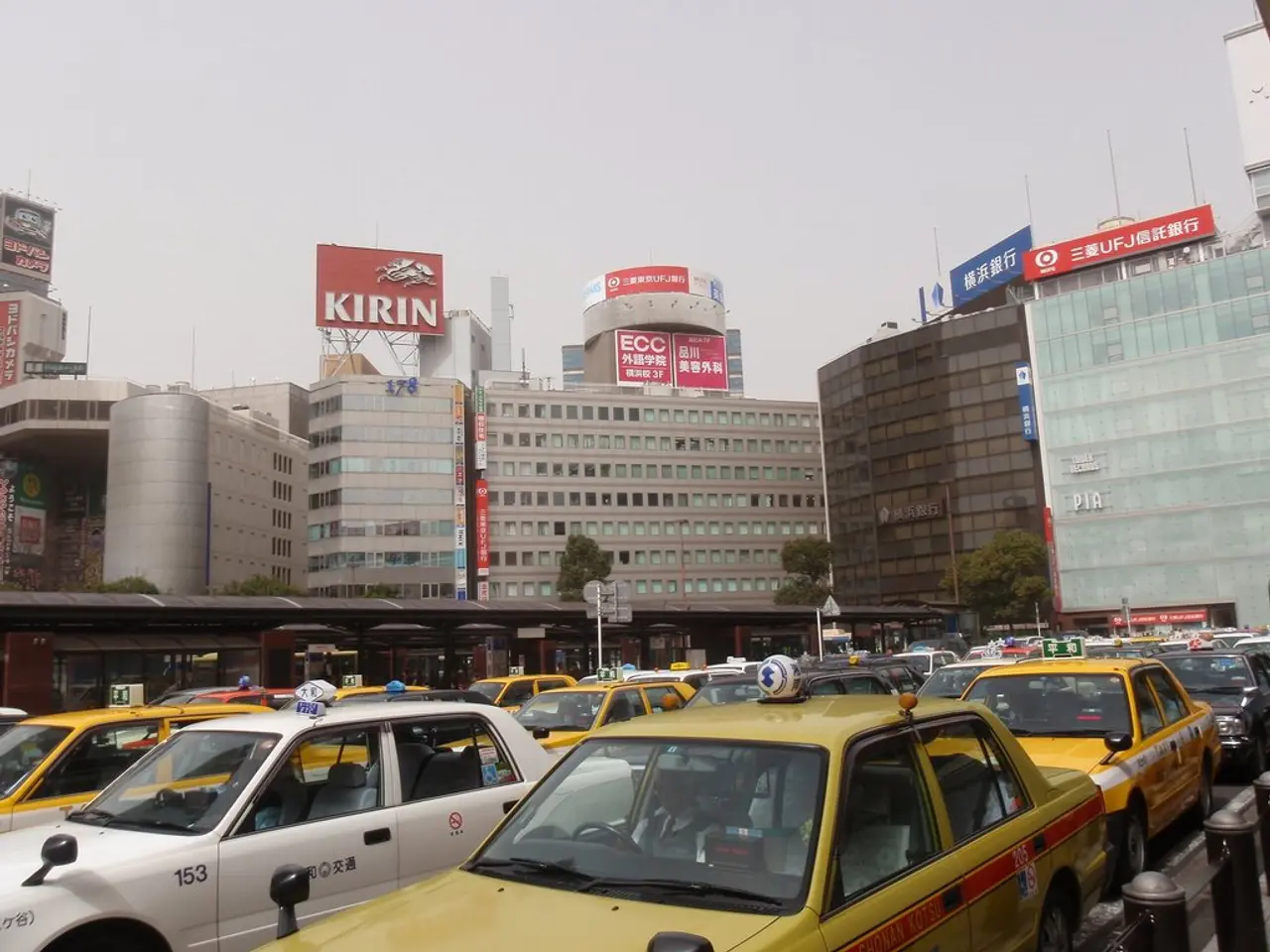Rising housing scarcity intensifies in Hesse, causing additional strain - Persisting Housing Scarcity Worsens in Hesse Region
A persistent housing shortage intensifies in Hesse, Germany, amid a 20% decline in new apartment completions compared to the previous year. According to the Association of South West German Housing Companies (VdW), the mere 14,695 apartments built in 2024 perpetuates a negative trend that has persisted for several years. This scant supply categorizes housing as a scarce commodity, the VdW warned.
The shortfall in housing construction is projected to exceed 26,000 annually by 2030, as indicated by a study by the Federal Institute for Research on Building, Urban Affairs, and Spatial Development (BBSR). To combat this situation, immediate policy intervention is necessary, stressed Axel Tausendpfund from the board of VdW, advocating for the reduction of non-essential and costly construction standards.
A primary solution entails the reduction of bureaucratic red tape, allowing for faster and more economical construction. Thomas Reimann, president of the Association of Building Entrepreneurs in Hesse, emphasized its significance, as planning and approval processes typically surpass construction times. Digitalization of permit procedures is also purported to streamline the process.
Policy measures extended across federal and state levels are ongoing, including subsidies and incentives for private developers, cooperatives, and public housing companies to construct affordable and social housing. Progress on reducing administrative hurdles, however, varies among municipalities. Legislative protection for tenants in Hesse ensures housing security but does not stimulate new supply.
Proposed solutions include tax incentives for business investment as part of the new federal government’s coalition agreement, as well as a focus on supply-side policies and less reliance on direct subsidies or price controls. State-specific initiatives in Hesse comprise land release for construction, higher-density developments near public transport hubs, and digitization of permit processes.
Addressing broader challenges such as affordability, labour shortages, and construction costs remains essential. Countless proposals include further subsidies for first-time buyers and special programs for low-income families, with implementation across municipalities differing.
Bureaucratic delays, high costs, affordability, and labour shortages continue to obstruct the acceleration of new housing construction in Hesse, necessitating sustained policy focus and investment.
The community policy should prioritize the reduction of bureaucratic delays in the construction process to expedite new housing projects. This would require investment in digitalizing permit procedures and eliminating unnecessary construction standards as part of employment policy.
Furthermore, the employment policy should encourage business investment in real-estate development through tax incentives, in addition to focusing on supply-side policies that include state-specific initiatives such as land release for construction, higher-density developments near public transport hubs, and digitization of permit processes.




